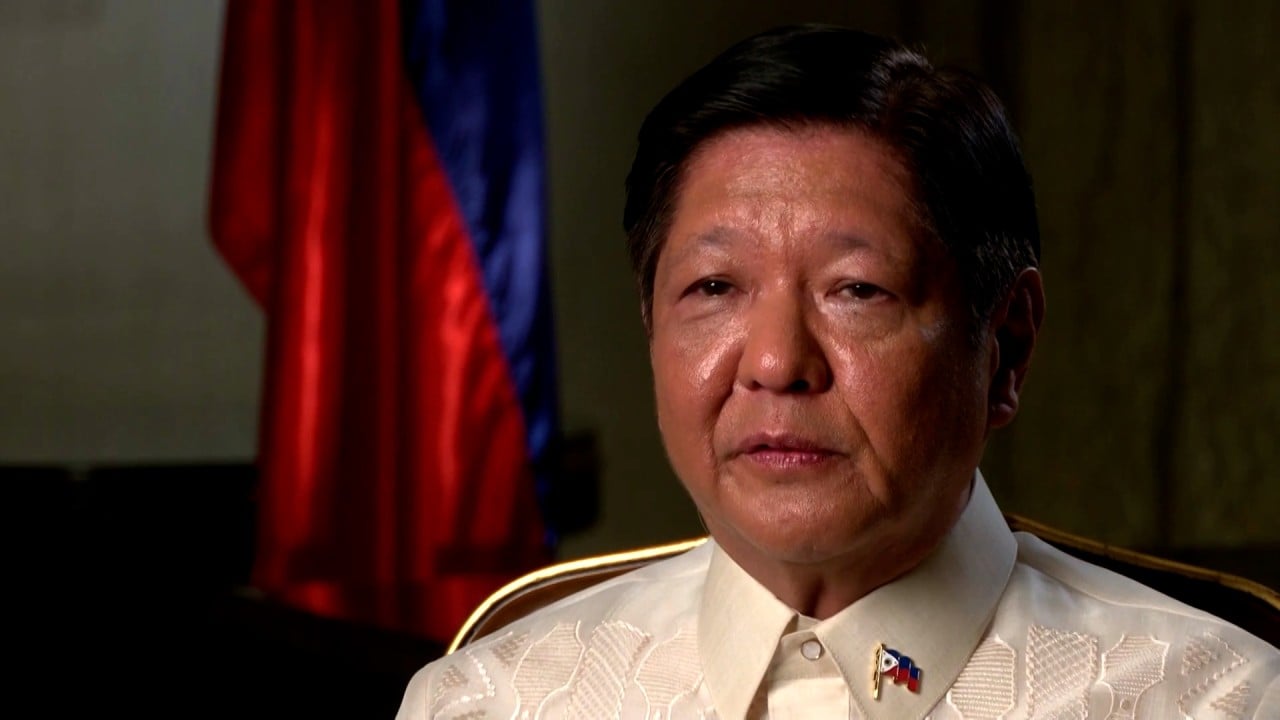
Don’t ‘act blindly’ on Taiwan: Beijing should resist US pressure and stay own course, policy influencer says
- Sun Yafu, deputy head of cross-strait affairs group, says Beijing should strive for peaceful reunification while preparing for military struggle
- The remarks offer rare glimpse into mainland China’s strategy regarding strained ties with Taipei
Sun is deputy head of the Association for Relations Across the Taiwan Strait, Beijing’s semi-official group for handling cross-strait matters.
‘Shoot them down’: Taiwan vows to destroy ‘risky’ mainland Chinese balloons
The body was created in 1991 as an unofficial representative of the mainland Chinese government in its dealings with Taipei, which has a similar group for dealing with Beijing. The groups were established so the island and the mainland could interact without the official endorsement of the other side’s government.
“In the current situation where opponents are surrounded and pressure is increasing, we should neither be anxious nor act blindly … We should not be shaken by increased pressure,” he said.
“[We should] adhere to the direction and efforts of peaceful reunification, and at the same time strengthen preparations for military struggle.”
Sun’s remarks offered a rare look into Beijing’s strategic and tactical thinking when it comes to handling its strained ties with Taipei.
Beijing sees the self-ruled island as a breakaway province that must be reunited with the mainland – by force if necessary. Most countries, including the United States, do not recognise Taiwan as an independent state, but Washington opposes any use of force to change the status quo.
He blamed a shift in Washington’s stance towards Beijing – from “a force that it could rely on” to its “biggest strategic competitor” – as the root of the present tensions and why the US “had to beat China down”.
In recent years, Beijing and Washington have clashed over a wide range of issues, with Taiwan among the most sensitive.
In his speech, Sun followed Beijing’s official line, saying the US was mobilising its allies in the Asia-Pacific region, engaging in “military coercion” against the mainland and supporting the DPP in “speeding up war preparations”.
Support for Taiwan’s Tsai at 4-year low as #MeToo scandals rock ruling party
Sun said frequent visits by US officials to the island aimed to “inflame war sentiment”, adding that Washington had upgraded its military support for the island.
Since August, when then US House speaker Nancy Pelosi visited Taiwan, Beijing has conducted two major rounds of military exercises near the island and its warplanes have frequently crossed into Taiwan’s air defence identification zone (ADIZ).
Sun said the mainland insisted that peaceful reunification was best and that “the use of force is the last resort when no alternative has been left”.
Beijing introduced its Anti-Secession Law in 2005 to create a legal framework for it to use non-peaceful means to guard against pro-independence forces in Taiwan and the island’s possible separation from mainland China. But Beijing has remained vague about when and under what circumstances the law would be invoked.
Sun called on Beijing to take the initiative in opposing foreign interference, noting that the US and its allies “have challenged the rule that resolving the Taiwan issue is China’s internal affair to create an excuse for its armed intervention”.
He said Beijing should maintain “strategic confidence, strategic composure and strategic initiative” over the Taiwan issue.
“We stand firmly on the moral high ground when it comes to national reunification,” he said.
“Striving for peaceful reunification is not only to serve the needs of the overall national development strategy, but also our moral duty for national stability and the unity of compatriots.”


